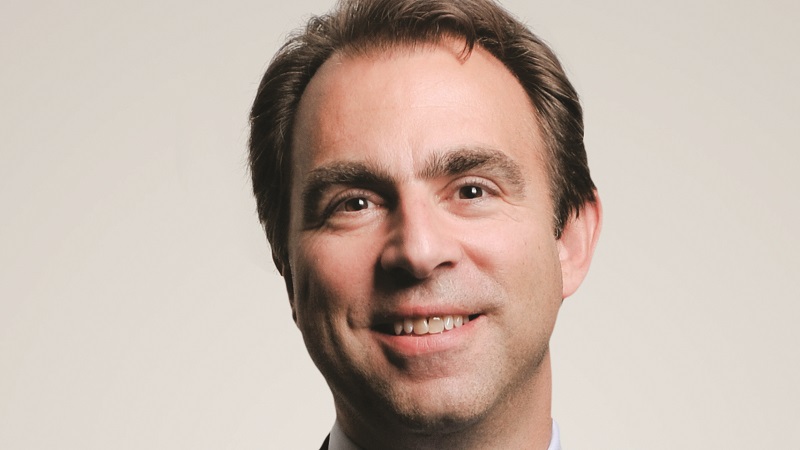Gam’s handling of the blowup of its now stricken absolute return bond fund (ARBF) range has created an image problem for similar products and has led investors to believe funds in the sector are suffering from a liquidity problem, according to Brooks Macdonald co-founder Jon Gumpel (pictured).
Speaking to Portfolio Adviser, Gumpel, who co-manages the Brooks Macdonald Defensive Capital fund, said Gam “has caused problems for the rest of the market” by refusing to speak about the illiquid securities left behind in its mega fund range, which is in the process of being liquidated.
However, he said: “I don’t think the absolute return sector has a problem with liquidity. I think one absolute return fund had a problem with a dodgy investment which meant it couldn’t sell it.”
Problems for the Swiss fund group’s ARBF range kicked off over the summer after the surprise suspension of the fund’s manager Tim Haywood for conduct issues concerning his record keeping and due diligence in certain instances.
High levels of redemptions prompted Gam to gate the range before the fund board ultimately decided the range must be liquidated.
Sour sentiment
The Gam ARBF saga immediately sparked fears about illiquidity problems among unconstrained bond funds and absolute return-style products with some commentators seeing warning signs of a full-blown financial crisis.
Sentiment toward absolute return funds soon soured with investors pulling £6.2bn from the asset class in September, according to data from Morningstar.
Gam has continued to experience a negative knock-on effect from the ARBF drama across its product ranges with net outflows in its investment arm totalling CHF4.2bn (£3.3bn) in the two months to 30 November. In Q3 the same segment was hit by CHF 5.3bn (£4.2bn) of redemptions.
While Gumpel admitted that liquidty has become increasingly squeezed as the US begins its quantitative tightening process, he maintained that the ARBF’s problems have more to do with why the investments were illiquid.
Haywood wasn’t suspended because he held an illiquid investment but because “there was something very wrong with that investment,” he said.
Illiquid assets
The “dodgy” investment in question is a series of obscure securities linked to a start-up group called Greensill, which the Financial Times identified in October as the assets that were proving the most difficult for Gam to offload.
The publication found that a month before Haywood’s suspension, the main Luxembourg-domiciled version of the ARBF fund had 12% in Greensill-related paper for several different borrowers. It said much of this paper remained on Gam’s books when it reported the story in October.
But the Financial Times noted that Gam had managed to sell down the bulk of its holdings without spooking markets even in rarer asset classes.
Gam declined to provide a statement and said it does not comment on individual securities.
The Swiss manager said in its latest update, where it issued a profit warning and revealed higher redemptions than anticipated, that it was on target to complete the liquidation of the ARBF range by the first quarter of 2019, subject to market conditions.
It said between 89% and 92% of the assets in the Luxembourg and Irish-domiciled funds had been liquidated as had 66% to 72% of the assets in the Cayman and Australian feeder funds as at 12 December.
2019: the year of absolute return
Gumpel also took aim at mega funds within the absolute return sector, some of which he criticised for targeting volatility levels that are too high or being more concerned about “playing bets” through long/short positions than creating consistent outcomes for clients.
Though he admitted “not too many funds in the sector have covered themselves in glory” he believes a more difficult environment for 2019 means absolute return funds are about to come into their own.
But he added this doesn’t mean they will necessarily produce positive returns over the next two to three years, something which he said isn’t in their job description.
“Over the next three years, if we are going to be in a really difficult environment, the job of absolute return funds is to provide lower losses than government bonds and equities.”
The Brooks Macdonald Defensive Capital fund returned -0.8% over one-year compared with the IA Targeted Absolute Return sector’s -2.8%. On a three and five-year view it has returned 14.2% versus TAR’s 1.8% and 21.5% versus 7.4% respectively.






